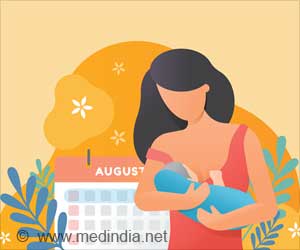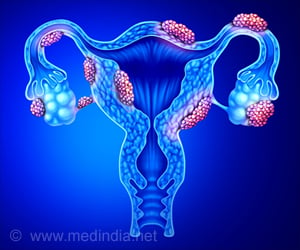A significant link between a mother's intention to breastfeed and the likelihood of exclusively breastfeeding for six months has been identified.

Breastfeeding initiation and duration through the COVID-19 pandemics
Go to source). The World Health Organisation (WHO) recommends exclusive breastfeeding for the first six months of a baby's life. However, the UK has one of the lowest breastfeeding rates in the world.
Impact of the Pandemic on Breastfeeding
To better understand this issue, Born in Wales researchers based in Swansea’s National Centre for Population Health & Wellbeing Research aimed to examine the impact of the pandemic on breastfeeding uptake and duration. The team also investigated whether a mother's intention to breastfeed influenced the length of time she exclusively breastfed her baby.‘Women who expressed an intention to breastfeed were 27.6 times more likely to continue exclusive breastfeeding for the recommended six months. #breastfeeding #breastfeedingweek’





Their findings have just been published online by the BMJ. The study analysed anonymised data from the SAIL Databank, linking information from the Maternal Indicators (MIDS) dataset and the National Community Child Health (NCCH) Births and Breastfeeding dataset. The team examined two sets of responses to explore the connection between breastfeeding intentions and duration. The first set came from the Born in Wales Survey, which asked expectant mothers about how they planned to feed their baby.
The second set, from the MIDS data, documented mothers’ intentions after giving birth. By comparing responses from the two sources, the researchers could explore how a mother’s intentions during pregnancy and postpartum influenced breastfeeding.
Key findings from the study include:
- Intention to breastfeed was strongly associated with a higher likelihood of exclusively breastfeeding for six months.
- Breastfeeding rates at six months were higher during COVID-19 compared to the pre-pandemic period.
- Black mothers were significantly more likely to exclusively breastfeed for six months than mothers of other ethnicities.
Reference:
- Breastfeeding initiation and duration through the COVID-19 pandemics - (https://bmjpaedsopen.bmj.com/content/7/1/e001907.full)












